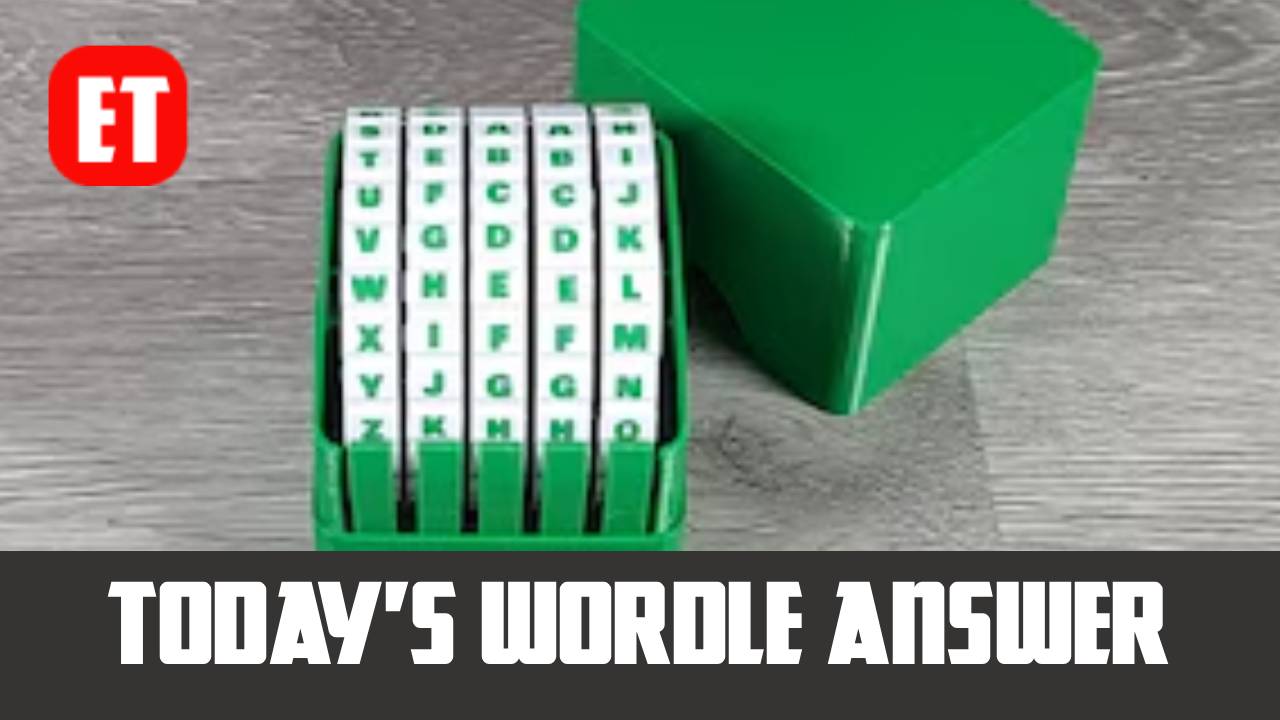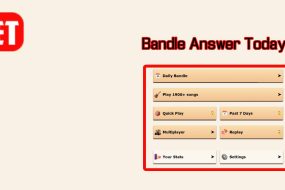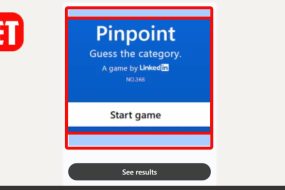
Today’s Wordle Answer: Tension’s in the air as dawn breaks—you launch Wordle, stare at that chilling blank grid, and then… puzzle #1717 reveals today’s answer. Take a stroll to see. It’s a five-letter word that’s part riddle, part adrenaline spike, hitting your mental sweet spot when those tiles turn green. Every corner of the globe plays the same word, and every grid is a theater of quiet triumph or whispered curses.
No spoilers? At least, not here. Today’s answer is locked in the vault—but later, when you’ve conquered it, you’ll circle back and bask in how that mix of consonants and vowel stealth played out.
Today’s Wordle Hints and Clues
Looking for a little help with today’s New York Times Wordle? These Erimetoday hints are here to point you in the right direction without spoiling the answer.
We update this page daily, so feel free to bookmark it and come back anytime you need help—today, tomorrow, or whenever Wordle gets tricky.
Hint #1: Are there repeating letters?
NO
Hint #2: How many vowels are there?
2 vowels.
Hint #3: What’s the first letter?
The word starts with S.
Hint #4: What’s the last letter?
The word ends with E.
Today Wordle Answer #1717 March 2, 2026
SLIME
Previous Wordle Answers – Recent Solutions Recap
While today’s challenge has already passed, here’s a concise archive of recent Wordle solutions that players successfully cracked—no speculation, no filler, just confirmed answers.
February 27, 2026: DIZZY
February 26, 2026: LANCE
February 23, 2026: ATTIC
February 9, 2026: CELLO
February 8, 2026: EMBED
February 7, 2026: BLEAT
February 6, 2026: GAVEL
February 5, 2026: SWOOP
February 4, 2026: CHIDE
February 3, 2026: WEIGH
February 2, 2026: CIGAR
February 1, 2026: SPINY
January 31, 2026 : ALLOT
January 30, 2026 : JUMBO
January 25, 2026 : STRUT
January 18, 2026 : SUMAC
January 17, 2026 : FIERY
January 16, 2026 : RACER
January 15, 2026 : CHASM
That string of words? It’s more than a list—it’s a subtle pattern map. No repeats. Wordle runs on that archive logic, and veteran players mine it for strategy gold Word Finder Dailycode. Understanding recent answers primes you for fresh gameplay tomorrow.
The Puzzle-Runner’s Strategy Manual
Imagine each Wordle as a speedrun—your board, your six lives, the clock ticking in pixels. You’ve got to build your best start word, balance vowel coverage, chase common consonants like R, T, L, S, and N—and leap into green early. Knowing double-letter frequency, vowel density, and repeat patterns (like EE or LL) can save you precious guesses.
Probing the recent archive builds muscle memory: if CORAL closed yesterday, maybe a word with those letters in shifted positions could be suboptimal now—but spotting that off-beat possibility is where the edge lies. History in Wordle isn’t nostalgia—it’s your playbook.
Gamer’s Mindset: Turning a Word Puzzle into a War Room
Call the buzz. You aren’t just playing—you’re tracking streaks, sharing reaction GIFs, coordinating mini tournament vibes with friends. Wordle has turned mundane mornings into shared rituals. That final turn into green? It’s your mini-victory dance.
But there’s also the meta-hunt: which sectors of vocabulary are cyclical? Do words ending in -TY, -ER, or -LY pop up after a sequence of hard-consonant puzzles? Are five-vowel setups trending this week? Sharpening pattern recognition is a strategic flex—the veteran’s edge.
Editorial Deep Dive: Why Wordle Remains Newsworthy
Wordle isn’t just a game—it’s a linguistic time capsule, a behavioral study, and a global lull-breaker all in one. Writers and analysts dissect answers daily, exploring letter-frequency shifts, how difficulty ebbs and flows, and what player psychology reveals.
That layered interest—between informal gaming and semi-academic observation—fuels Wordle’s persistent relevance in tech and pop culture news.
You’re no longer taking shots in the dark—you’re running algorithms in your head without anyone noticing.
Tactical Breakdown: Trends from Recent Answers
Let’s scan recent words: STORK, GROAN, CORAL. What do they share?
- Consonant-vowel balance: two vowels, three consonants.
- No duplicated letters.
- They aren’t overly thematic—Wordle stays lexically grounded, even when you want an arcane word.
- They span starting letters (S, G, C), so guessing isn’t pattern-locked.
From these, you learn: watch for new patterns—maybe we rotate into one-vowel or double-consonant territory next. It’s prediction via frequency.
Psychology of Daily Play: Why We Keep Returning
Wordle—isn’t that just a morning distraction? Actually, it’s subtle brain fuel, a loop of dopamine when green squares shine. Editors and gamers both praise the economy of its design: six guesses, shared experience, reset every 24 hours. It’s simultaneously competitive, communal (streak sharing), educational (vocab stretched) and comforting.
That simplicity is deceptive. Behind it is a well-spring of research chatter: why “S” leads openings, how rarity of double letters reshapes guesses, and how recency bias might make a word easier to avoid.
From Today’s Word to Tomorrow’s Circuit
Play today’s puzzle with calm focus. Bookmark the result. Tomorrow, that answer fades—but the pattern stays. Each play reintegrates into your cumulative strategy. Some mornings you win in two guesses, other days that last row is all you’ve got—but every grid adds data to your intuition.
Wordle is endless training, not just a distraction. It’s real-time data on language and strategy—and you’re a daily competitor, whether solo or squad-chatting your triumphs.









One reply on “Today’s Wordle Answer #1717 March 2, 2026”
Thanks